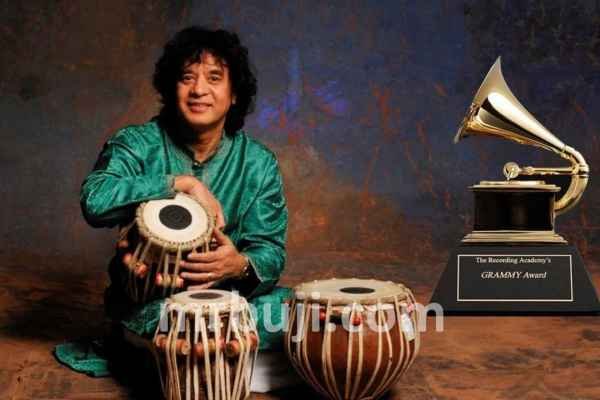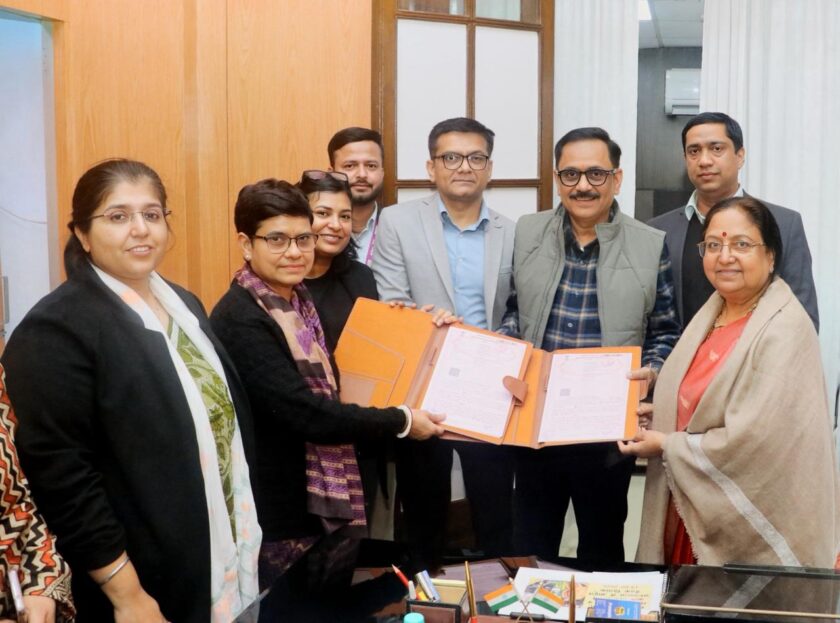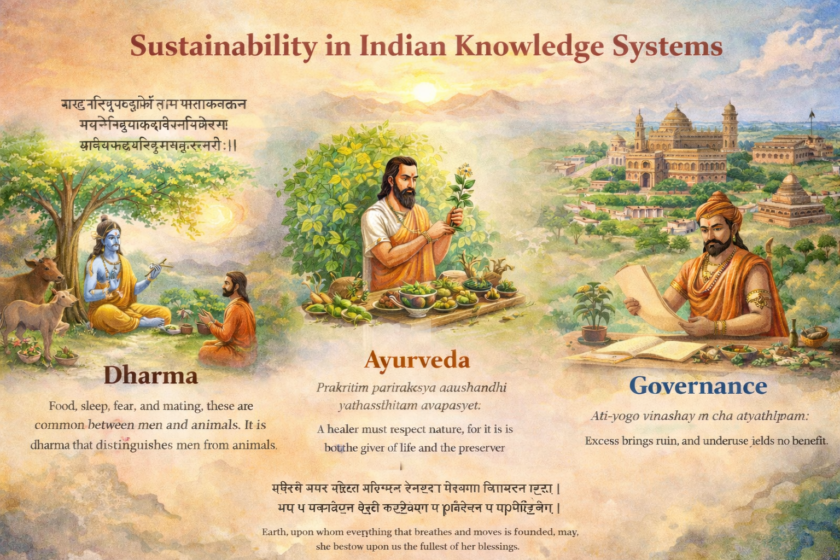San Francisco: The world of music mourns the loss of a legend as Ustad Zakir Hussain, the unparalleled tabla virtuoso and global ambassador of Indian classical music, passes away. With an illustrious career spanning decades, his extraordinary contributions to music, his family lineage steeped in tradition, and his groundbreaking innovations leave behind an enduring legacy that transcends boundaries.
A Legacy Born of Tradition
Born on March 9, 1951, in Mumbai, Zakir Hussain was destined for greatness. He inherited the genius of rhythm from his father, Ustad Alla Rakha, a tabla maestro renowned for his pioneering role in popularizing Indian classical music globally. Growing up in a household pulsating with music, young Zakir was immersed in the world of ragas, talas, and intricate rhythmic patterns.
Under the watchful eye of his father, Zakir began his formal training at the tender age of three. His childhood was marked by rigorous practice sessions and a deep understanding of the tabla’s nuances. By the age of seven, he was already performing on stage, showcasing a prodigious talent that left audiences spellbound.
Redefining the Tabla
Ustad Zakir Hussain revolutionized the role of the tabla in Hindustani classical music. Traditionally viewed as an accompanying instrument, the tabla found a voice of its own through his artistry. His unparalleled technical skill, coupled with a deep emotional connection to the music, elevated the instrument to new heights.
Collaborations with stalwarts such as Pandit Ravi Shankar, Ustad Vilayat Khan, and Pandit Shivkumar Sharma showcased his ability to seamlessly blend with various musical styles while asserting the tabla’s identity. Whether in solo performances or jugalbandis (duets), Zakir Hussain brought an electrifying energy to the stage, making the tabla a celebrated centerpiece.
Milestones in Music
Zakir Hussain’s career is marked by iconic performances and groundbreaking recordings. Albums like Making Music (1987) are considered masterpieces, blending Indian classical music with global influences. His collaborations with the fusion group Shakti, alongside John McLaughlin and L. Shankar, introduced audiences to a harmonious confluence of Indian and Western music.
He was also a key member of the “Masters of Percussion” ensemble, which showcased the diversity of Indian rhythm on global stages. Through these ventures, Zakir Hussain not only preserved the rich traditions of Indian music but also innovated, making it accessible to a broader audience.
Beyond Hindustani Classical: A Global Vision
Zakir Hussain’s genius extended far beyond Hindustani classical music. He was a pioneer in fusion music, creating a unique sound that bridged cultural and musical divides. His work with Shakti remains a testament to his ability to merge the essence of Indian music with the improvisational freedom of jazz.
In addition to his work in music, Zakir Hussain left an indelible mark on cinema. He contributed to the soundtracks of acclaimed films like Heat and Dust and Francis Ford Coppola’s Apocalypse Now. These projects demonstrated his versatility and ability to adapt Indian rhythms to diverse contexts, enhancing storytelling through his music.
The Educator and Cultural Ambassador
Zakir Hussain was not just a performer but also a dedicated educator. He founded the Planet Drum project, which introduced global audiences to Indian percussion instruments and rhythms. His workshops and lectures inspired countless students, fostering a new generation of musicians who carry forward his legacy.
As a cultural ambassador, Zakir Hussain’s impact was unparalleled. He represented India on prestigious global platforms, performing at events like the United Nations Day Concert and collaborating with institutions like Carnegie Hall. His music transcended barriers, promoting a message of unity and cultural harmony.
Awards and Recognitions
Zakir Hussain was conferred with some of the most prestigious honors during his illustrious career. He received the Padma Shri in 1988, the Padma Bhushan in 2002, and the Padma Vibhushan in 2023 from the Government of India.
On February 8, 2009, at the 51st Grammy Awards, he won a Grammy in the Contemporary World Music Album category for his collaborative album Global Drum Project, created alongside Mickey Hart and Giovanni Hidalgo.
In 1990, Hussain was honored with the Sangeet Natak Akademi Award, followed by the Sangeet Natak Akademi Fellowship (Ratna Sadsya) in 2018, recognizing his unparalleled contributions to the field of music. Additionally, in 1999, he received the United States National Endowment for the Arts’ National Heritage Fellowship, the highest recognition for traditional artists and musicians in the United States.

Over the years, Hussain has been nominated for the Grammy Awards seven times, winning a total of four Grammys. Most recently, in February 2024, he achieved a historic triple win at the Grammys, solidifying his legacy as one of the world’s foremost percussionists.
At the Grammys, held in Los Angeles, Hussain earned his first accolade for Best Global Music Album for This Moment, as part of the fusion music group Shakti. The group features British guitarist John McLaughlin, vocalist Shankar Mahadevan, violinist Ganesh Rajagopalan, and percussionist Selvaganesh Vinayakram.
Hussain went on to win two additional awards: Best Global Music Performance for Pashto and Best Contemporary Instrumental Album for As We Speak, a collaboration with flautist Rakesh Chaurasia, American banjo player Béla Fleck, and American bassist Edgar Meyer.
A Personal Journey of Reflection
Despite his fame, Zakir Hussain remained deeply connected to his roots. He often spoke about the influence of his father and the importance of tradition in his music. Yet, he was unafraid to innovate, embodying a rare balance between reverence for the past and a vision for the future.
His personal philosophy was one of humility and constant learning. He believed that music was a universal language, capable of bridging divides and fostering understanding. This ethos was evident not only in his performances but also in his interactions with audiences and collaborators.
Family and Legacy
Zakir Hussain’s personal life was as harmonious as his music. Married to Antonia Minnecola, a Kathak dancer and scholar, their partnership was a blend of artistic collaboration and mutual respect. Together, they raised a family that shares their passion for the arts.
The legacy of Ustad Alla Rakha and Zakir Hussain continues to inspire future generations. His contributions have ensured that the tabla is celebrated not just as an Indian instrument but as a global symbol of rhythm and artistry.
A Life Beyond the Stage
Beyond the world of music, Zakir Hussain was a storyteller, philosopher, and mentor. He often spoke about the spiritual connection he felt with his art and the responsibility of preserving and sharing cultural heritage.
His life was a testament to the power of passion and perseverance. From his early days as a child prodigy to becoming an icon of global music, Zakir Hussain’s journey was marked by dedication, innovation, and a deep love for his craft.
A Legacy That Lives On
Ustad Zakir Hussain leaves behind a legacy that is as vast and profound as the rhythms he created. His contributions to music, culture, and education have enriched the world, inspiring countless individuals to pursue their passions and celebrate the beauty of diversity.
As we bid farewell to this maestro, his music continues to resonate, reminding us of the transformative power of art. In his own words: “The tabla speaks a language of its own. It tells stories, it evokes emotions, and it connects hearts. My journey has been to share this language with the world.”









